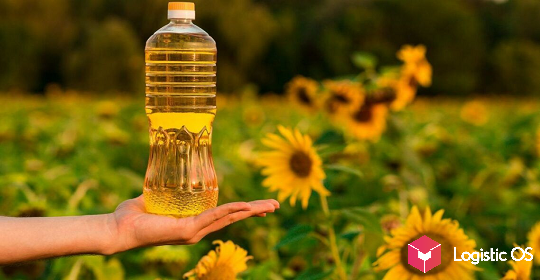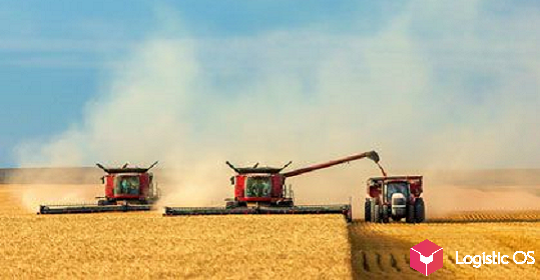According to the latest data, last year seed imports have already fallen by about 2.5 times, but the department plans to continue this trend.
In its fight for seed import substitution, the Ministry of Agriculture plans to take the next step.
The previous step was the introduction of quotas for the volume of imports of this type of product.
Now the plans are to increase support for those agricultural producers who use domestic material. This was stated by Deputy Minister of Agriculture Marina Afonina.
To date, there have already been significant successes in terms of import substitution. For example, in 2024, seed imports decreased by 2.5 times compared to 2023.
The share of domestic sugar beets, for example, amounted to almost 8%, while in 2023 it was 2.5%. In total, the growth was more than 3 times.
At the same time, one cannot help but notice that 8% is still very far from 100%, so there is still a huge amount of work in this area.
In total, about 30 thousand tons of seeds were imported from abroad last year, which is quite a significant amount.
How will the state support its own selection?
Currently, the state reimburses part of the capital costs that companies incur when creating selection and seed centers.
Preferential lending on especially favorable terms is also used.
Finally, import quotas create a certain deficit in the Russian market, which makes it easy for domestic companies to work.
This gives certain results. It recently became known that in just 2024, Russian breeders developed about 40 new varieties and hybrids of agricultural crops.
At the same time, experts emphasize that at present, agriculture requires not only seeds, but comprehensive solutions for farmers. Including seed growing technologies, the use of fertilizers and plant protection products, agricultural machinery.
That is, when offering seeds, their manufacturer must also provide farmers with a full package of technologies that will allow them to obtain the maximum yield.
The second problem is the outdated material and technical base, which complicates the process of obtaining new varieties and hybrids.
The third problem, even more acute, is the lack of qualified personnel, primarily among scientists.
The average age of scientists is growing, and the number of candidates and doctors of science among them is decreasing.
Therefore, support for science is one of the main components of success if the state really wants to completely switch to domestic seeds over time, analysts believe.

